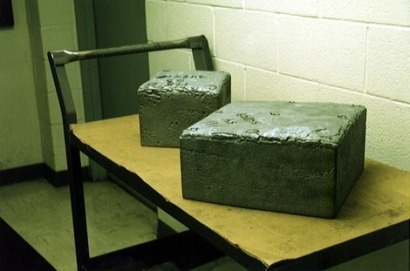
Yingli estimates suggest that the new material could reduce manufacturing costs by nearly 0.01 US dollar per watt. At present, graphite crucibles are the most commonly used type of crucible in monocrystalline ingot formation. However, they are known to have low strength, short lifetimes and a high risk of silicon leakage due to cracking during the heating process.
C-C composite crucibles are not as vulnerable to these risks because they are made from a reinforced carbon fiber matrix that is low-density, high-strength, with high thermal conductivity, thermal shock resistance, and dimensional stability. A transition to this material will therefore reduce the per-unit cost of furnace crucibles, improve the stability of crystal pulling, and increase the utilization rate of monocrystalline silicon ingots by approximately 3 percent.
“Our pursuit of innovative manufacturing processes has played a key role in Yingli's growth trajectory” said Mr. Liansheng Miao, Chairman and Chief Executive Officer of Yingli Green Energy. “We are dedicated to continuous improvement on our manufacturing lines and frequently experiment with new material and technologies. Our priorities are to improve efficiency, reduce costs, and deliver high product quality, so that we can maximize value for our global partners and bring affordable green energy to all.”
Yingli Solar, or Yingli Green Energy, is one of the world’s largest solar PV module manufacturers headquartered in Baoding, China. It has more than 30 regional subsidiaries and branch offices and has distributed more than 10,000 MW PV modules to customers worldwide.
For additional information:

